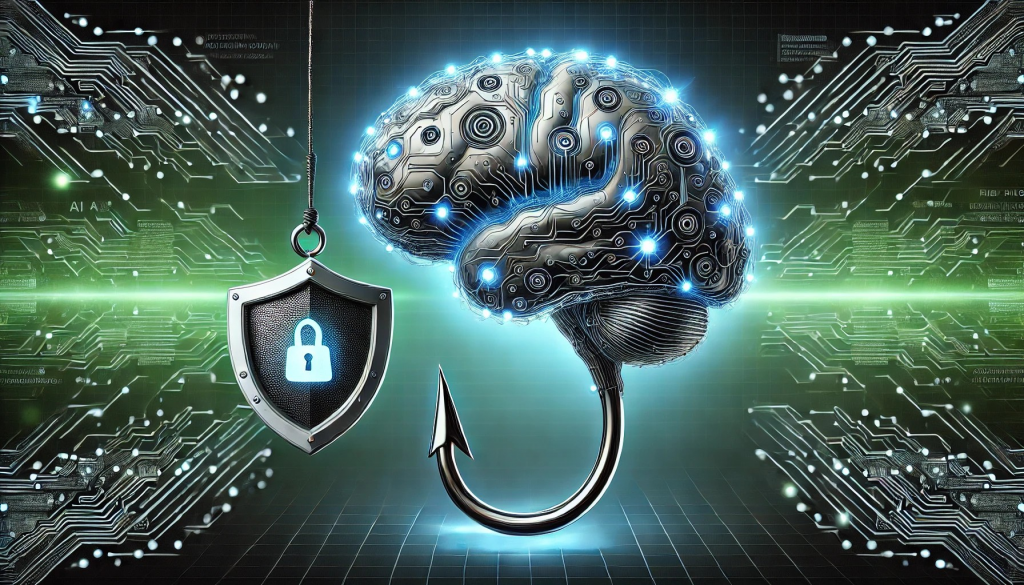Artificial intelligence (AI) is reshaping mental health care by providing scalable, personalized support to individuals worldwide. Through AI-powered chatbots and virtual therapists, like Woebot and Tess, people can access immediate emotional guidance 24/7, breaking barriers of cost and availability tied to traditional therapy. These tools use natural language processing to detect mood patterns, offer coping strategies, and even flag severe cases for human intervention. Experts note that AI’s ability to analyze speech and text data enhances early detection of conditions like depression, making it a vital ally in addressing the global mental health crisis.
The authority behind AI mental health tools comes from collaborations between psychologists, AI developers, and medical researchers. Platforms like Woebot, designed by Stanford-trained professionals, rely on evidence-based techniques such as cognitive behavioral therapy (CBT). Studies indicate that users experience a 20-30% reduction in anxiety symptoms after consistent interaction with these tools, showcasing their effectiveness. Trustworthiness is built through transparency—reputable AI systems prioritize data privacy and undergo rigorous clinical validation, ensuring they complement, rather than replace, human therapists.
For users, the experience of engaging with AI mental health support is both convenient and empowering. Picture a young adult, hesitant to seek help, finding solace in a nonjudgmental AI conversation at midnight. By focusing on one specific area—emotional self-regulation—AI delivers tailored responses that resonate personally. This technology bridges gaps in underserved communities, offering a lifeline where therapists are scarce. As AI continues to evolve, its role in destigmatizing mental health and providing accessible care marks a profound shift in how we nurture well-being.





